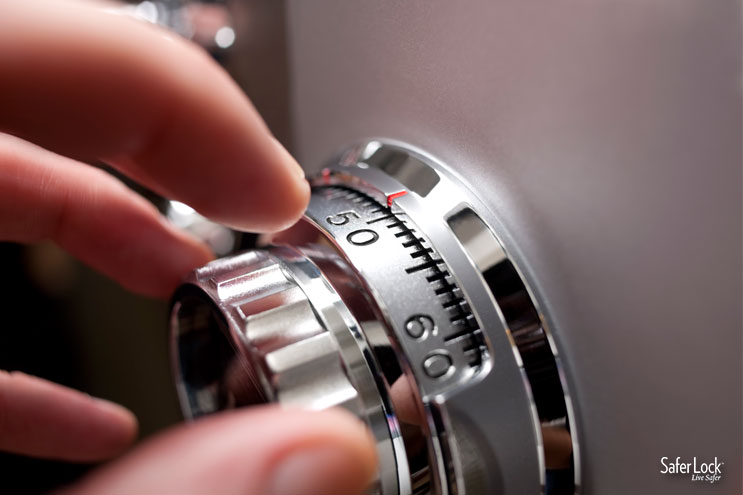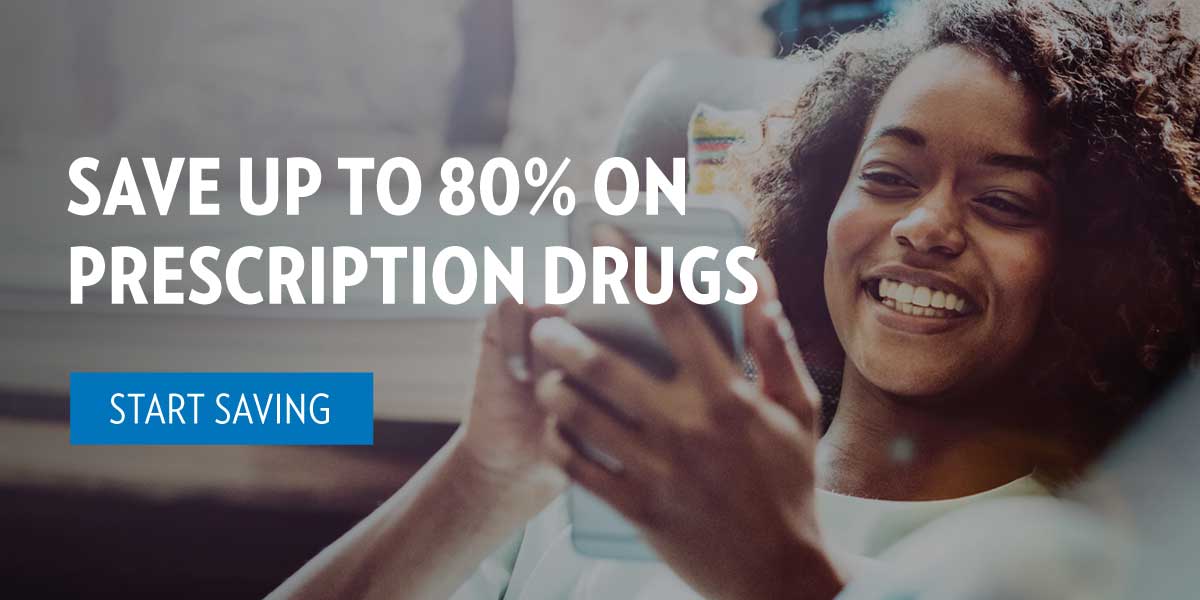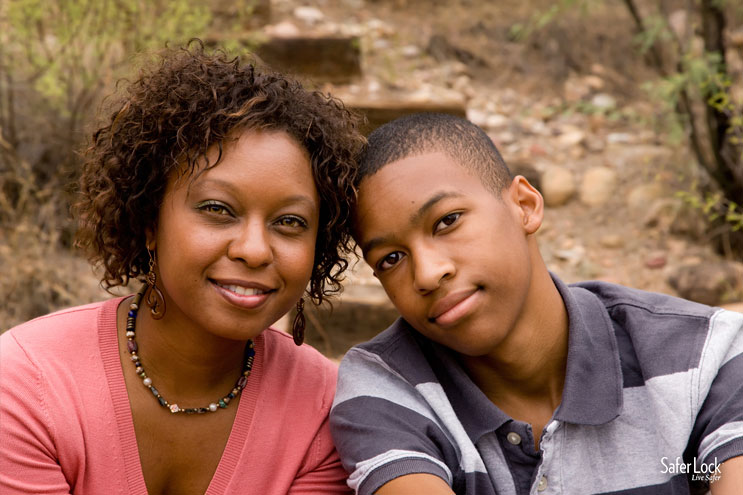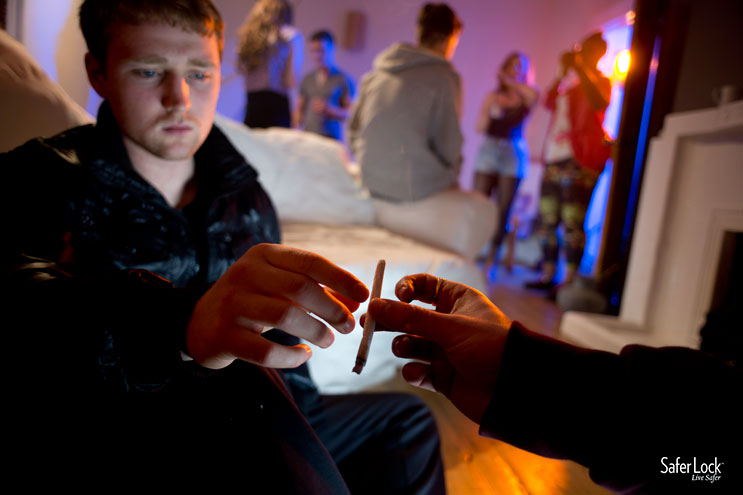Do you lock up your meds? Locking medicine storage could be the single most effective deterrent to accidental poisonings, medicine theft, and misuse that can lead to prescription drug addiction. A locking storage option has so many benefits to the health and wellbeing of a family, it’s surprising that there isn’t a lock box or bottle in every home in America.
If you haven’t yet given any thought to how your medications are stored, here are ten reasons why you should consider having a medication lock box in your home.
1. You have a Prescription
Prescriptions for opioid painkillers may be some of the most abused and addicting medications available, but that doesn’t mean they are the most dangerous. Any prescription drug in your home, whether it is meant to treat pain, high blood pressure, or even arthritis, can be dangerous. If that drug was misused, accidentally ingested by a small child, or used by an experimenting teenager to get high, the results could be poisoning, injury, or even death.
Locking up prescription medications can help keep them out of the hands of small children or teens, and reduce the risk of poisoning or prescription drug abuse.
2. You have OTC Meds
The over-the-counter medications you use when you have a cough, cold, or the sniffles may be exactly what your teenager is using to get high. More than half of all OTC cough and cold medications contain dextromethorphan (DXM). And at least 1 in every 10 teenagers has reportedly taken medications containing DXM in large amounts to get high. The dangers of DXM taken in high amounts include overdose and even death.
Locking up over-the-counter medications can help deter teenage experimentation, and prevent younger children from accidentally overdosing on cough and cold medications.
3. You have Teens or Pre-teens
Many parents have a hard time believing that their teens would ever experiment with medication abuse, prescription or otherwise.
But teenage medication abuse and addiction is on the rise, with nearly 1 out of every 4 teens admitting to misusing or abusing a prescription drug. Teens are heading to their medicine cabinets at home to get high, thinking that the drugs found there are safer than illicit street drugs.
Even if it’s not your teen, it very well could be your teen’s friends or relatives who take a pill or two from an unlocked bottle. The teen brain is primed for addiction, and the earlier an adolescent starts experimenting with drugs, the more likely they are to end up with a lifetime of addiction issues.
Locking up prescription and OTC medications is the #1 thing parents can do to help deter misuse and abuse that can lead to years of addiction, heartache, or even a fatal overdose
4. You have Small Children
Think those child-proof caps will keep your toddler or young child safe? Think again. Young children and toddlers have demonstrated an ability to open child-proof caps in a matter of moments. Every year more than 800,000 are rushed to the emergency room because of an accidental poisoning incident, and nearly all (90%) of child poisonings occur in the home. Some prescriptions, such as heart and pain medications, are so potent that a single pill could kill a small child.
The only way to protect small children from accidental poisoning or fatal medication overdoses is to securely lock up meds, and keep them stored out of reach and out of sight from curious tots.
5. You have Grandchildren
Grandparents are more likely to have prescription medications at home in medicine cabinets, in purses, and on bedside tables.
Maybe that’s why 100,000 children end up in the emergency room every year after ingesting medication belonging to their grandparents.
Whether it is the additional number of prescription medications kept in the home, or a relaxed sense of security because no children are living there, grandparents are unknowingly putting their grandchildren at risk if they don’t lock up their medications. Don’t be one of the 10-20% of grandparents who accidentally poisons a grandchild with your medications.
Grandparents can help protect the family members that visit them by locking up meds in a medicine lock box, and can further protect their grandchildren by locking up any medications carried in a purse or bag with a locking bottle cap.
6. You take Vitamins or Supplements
Even the most innocent looking vitamins and herbal supplements can pose a threat to a small child if taken incorrectly. Iron is a common ingredient in multivitamins, and iron overdose is one of the leading causes of poisoning in children ages six and under.
When vitamins look, smell, and even taste like candy, it can be easy for a young child to overdose and poison themselves. And many herbal supplements can have dangerous, or even fatal, effects if taken in large amounts.
Small children have a tendency to put things in their mouths, like vitamin and supplement pills that look or taste like candy.
You can help protect them from the dangers of vitamin toxicity by locking up your supplements and keeping them out of reach of small children.
7. Your Pet has a Prescription
Fido had a small procedure, and the vet sent him home with some prescription strength painkillers to help ease him through the healing process. What you may not realize is the medications that your vet may prescribe to your pet are often the same that a doctor may prescribe for a person. And that means the same risk of accidental ingestion, poisoning, overdose, and abuse or addiction applies.
If you have prescription medications for your pet, they pose the same risk for teens and small children who live, or may visit, your home. Help protect them by locking up any pet prescriptions in a locking medicine storage box.
8. You use Medical Cannabis
Many states have legalized cannabis as an alternative to prescription medications, but that doesn’t mean cannabis use is without it’s own risks. Incidents of child pot poisonings occur when young children accidentally ingest medical marijuana or cannabis-containing edibles. An increasing amount of child pot poisoning incidents means an added responsibility for medical cannabis-using adults to securely lock up their medication.
Medical cannabis and cannabis-containing edibles pose a threat to the health and wellbeing of children, and should be securely locked up and kept out of reach just like any other medication to help prevent accidental ingestion and poisoning.
9. You Travel
A medicine lock box can be a valuable asset when you travel, in more ways than you may think. At home, a lock box will secure prescriptions and over-the-counter medications that could be tempting to a teenage house sitter or anyone else with access to your home. Away, a locking medicine box can secure your medications and other valuables in your hotel room or wherever you are staying. Jewelry and cash can also be secured in a lock box, to give you extra peace of mind while you travel.
Locking up your medications and valuables is a best-practice for travelers. Secure the medications and other valuables that you leave at home, and help keep your meds safe while you travel, too.
10. You have Anything of Value
What’s important to you? Medication lock boxes were designed for one purpose, to help keep your meds secure and safe. But there are other uses for a locking box or locking pill bottle, too. Depending on the size of your medicine storage option, you can secure away cash, coins, jewelry, important documents, photos, or many other items that are important to you.
Anything that you want to lock up and help keep safe can be stored in a medicine lock box.
The biggest reason to keep a medicine lock box in your home is to help protect the people you love from accidents and misuse that can lead to addiction. Whether that is a teenager, your teen’s friends, or pre-teen relatives who may be curious about using a medication to get high, or a small child or toddler whose curiosity could lead to a fatal mistake, or a grandchild of any age who visits your home, a lock box is the right solution to help keep them safe from harm.




